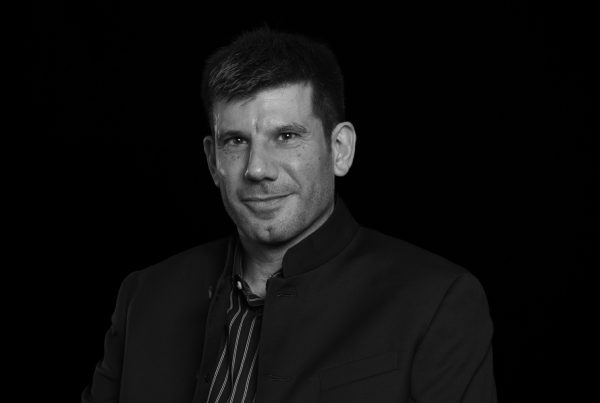Hèctor A. Orengo is an ICREA Research Professor at the Catalan Institute of Classical Archaeology, where he serves as Research Coordinator and co-directs the Landscape Archaeology Research Group (GIAP). He is also currently an Honorary Research Associate at the McDonald Institute for Archaeological Research at the University of Cambridge. He obtained his PhD from the Rovira i Virgili University in 2010 and, since then, he has developed research at the GEOLAB (UMR 6042), France, and the Universities of Nottingham, Sheffield and Cambridge in the UK. His research has focused on long-term human-environment interactions and the development of computational methods to archaeological problems.
Research interests
Hèctor’s research has mainly focused on the analysis of human-landscape dynamics in Mediterranean environments and beyond. He has developed extensive research on computational archaeology that includes, but is not restricted to, GIS and remote sensing techniques, field survey, and site detection methods. He is currently working on the application of machine learning to archaeological research using cloud computing and big data sources (mostly multisource multitemporal satellite data, drone imagery and lidar).
Selected publications
– Berganzo-Besga I, Orengo HA, Canela J & Belarte MC 2022, ‘Potential of Multitemporal Lidar for the Detection of Subtle Archaeological Features under Perennial Dense Forest‘, Land, 11(11): 1964.
Selected research activities
Besides the academic outputs detailed above, during the last two months, I have:
- Signed two contracts with public and private institutions to direct research for a total value of €272,437.52
- Delivered an Invited talk.
- Evaluated 6 national research projects for the Italian Ministry of Universities and Research.
- Peer-reviewed several journal papers for pretigious international journals such as PNAS.
- Evaluted a joint fellowship proposal for six colleges of the University of Cambridge.
